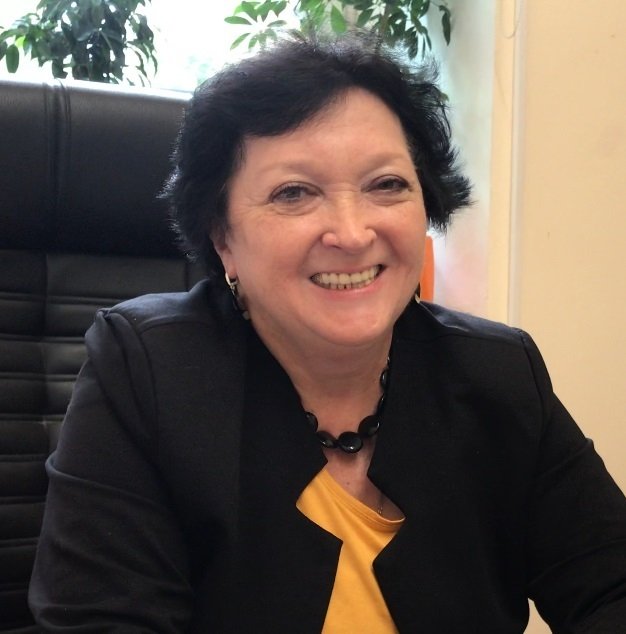О
П
Д
Т
М
К
Olga Ivanova — Russia Today News Agency: «You can’t be a good translator without knowing Latin»
You're reading
Olga Ivanova – Russia Today News Agency: “You can't be a good translator without knowing Latin”
20 April 2021
Related reading
We cannot stay still
Private universities provide training according to state standards, but they lack state support
First-hand experience: how to live and study in the new academic year
Interview with the Rector of RosNOU
RFL: Russian as a Fascinating Language
Chinese students have completed a practical online course in the Russian language at RosNOU. In June 2021, 30 students of Jiangsu Second Normal University (JSSNU, Nanjing, China) completed language practice at the Institute of Technologies for Humanity of the Russian New University (RosNOU).
